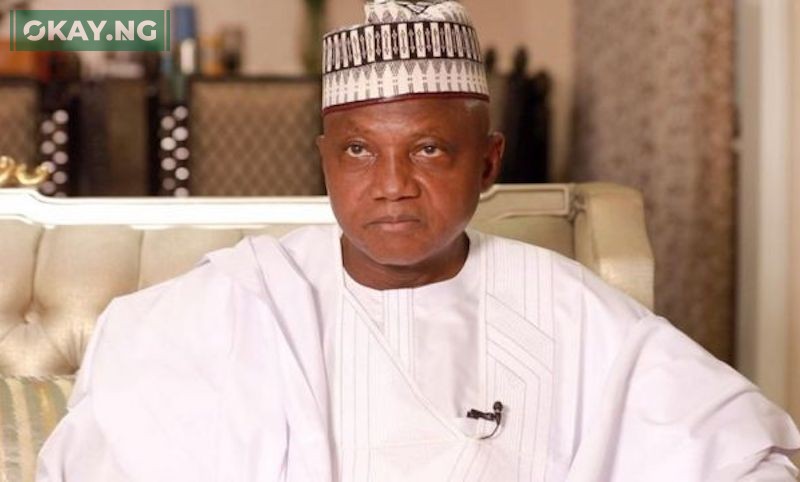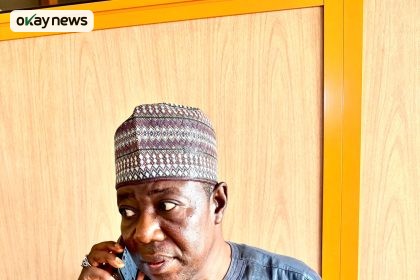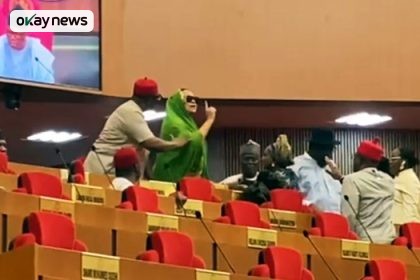Garba Shehu, former spokesperson to ex-President Muhammadu Buhari, has revealed that his widely publicised 2017 statement about rats invading the president’s office was a deliberate strategy to deflect attention from Buhari’s health condition.
The disclosure is contained in Shehu’s newly released book titled “According to the President: Lessons from a Presidential Spokesperson’s Experience”, launched in Abuja on Tuesday.
Buhari had in 2017 spent several months in London receiving treatment for an undisclosed illness. Upon his return, he worked from home for over two months, prompting intense media scrutiny over the state of his health and ability to lead.
At the time, Shehu told reporters that rodents had damaged the furniture and air conditioning in the president’s main office at the State House, making it unusable.
“Following the three-month period of disuse, rodents have caused a lot of damage to the furniture and the air conditioning units,” Shehu had said in 2017.
However, in Chapter 10 of his book, Shehu confessed that the rat invasion narrative was a calculated public relations move to steer the conversation away from the president’s medical condition.
“When the surge in calls for explanation of why the president would be working from home, if truly he had recovered, came, I said to the reporters that the office, which had been in disuse, needed renovation because rats may have eaten and damaged some cables,” he wrote.
He recounted that journalists bombarded him with questions about the nature of the rats, even suggesting that they must have been unusually destructive. To manage the pressure, he referenced the mysterious “rice armada rats” that allegedly came into Nigeria during the 1980s aboard rice shipment vessels from Southeast Asia.
Shehu revealed that while some people believed the story and others laughed it off, critics accused the presidency of masking Buhari’s true health status.
He also disclosed that then Minister of Information, Lai Mohammed, and Vice President Yemi Osinbajo questioned his rationale for using such a narrative.
“I said to them that the choice I made was deliberate: I wanted the discussion to shift to any other issue besides the president’s health. In my view, that spin succeeded,” Shehu wrote, adding that both Osinbajo and Lai Mohammed disagreed with him.







